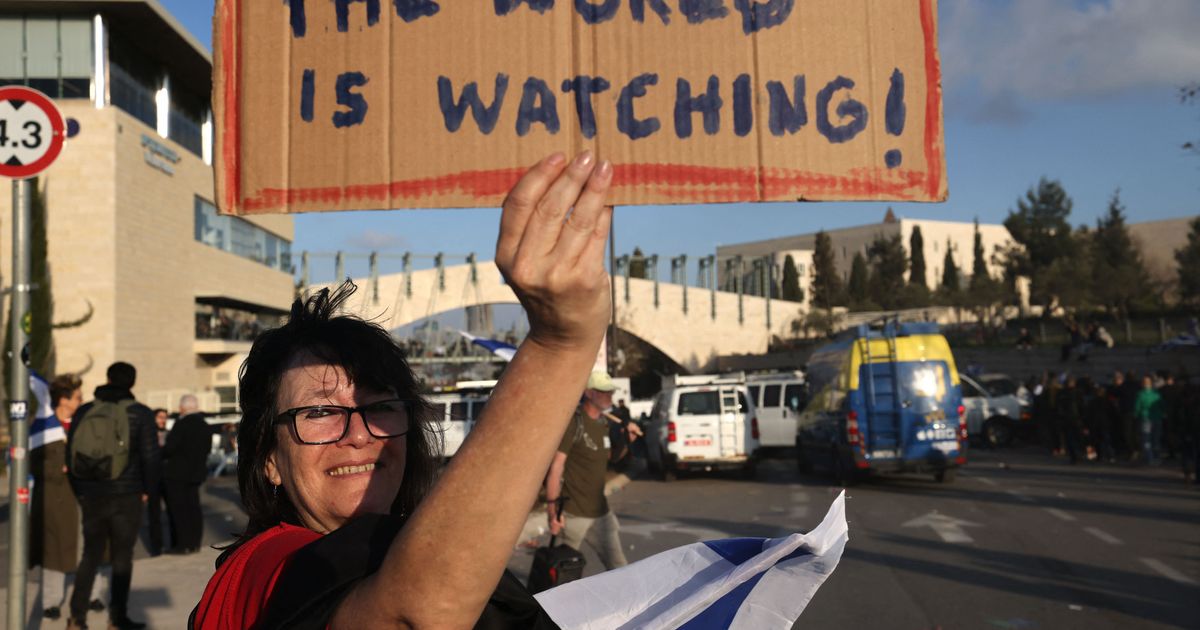Key takeaways:
- Thousands of Israeli government workers joined protests against Prime Minister Benjamin Netanyahu’s attempt to weaken Israeli courts and boost his own power.
- The protests were bolstered by a strike call from Israel’s biggest labor union, the Histadrut.
- Despite the government’s attempts to appease its critics, it remains to be seen if the protests will have any effect on the judicial changes.
Thousands of Israeli government workers joined historic protests on Monday against Prime Minister Benjamin Netanyahu’s attempt to weaken Israeli courts and boost his own power. The protests were in response to Finance Minister Bezalel Smotrich’s call for supporters to demonstrate in Jerusalem in favor of the judicial overhaul. Smotrich announced he would join the demonstrations, saying “Under no circumstances whatsoever must the reforms to fix the judicial system and to strengthen Israel’s democracy be stopped.”
In response to the uproar, one of Netanyahu’s ministers suggested that the government may delay the judicial changes. Smotrich then urged protesters to “make their voice heard” and “not give in to violence, to anarchy, to objectors and wild strikes.”
The protests were bolstered by a strike call from Israel’s biggest labor union, the Histadrut. Israeli officials in Washington, London, Paris, Berlin, New Delhi, Rome and Lisbon closed their facilities in accordance with the strike.
In an attempt to appease its critics, Netanyahu’s government extended an olive branch to its opponents. However, the decision to join the protests reflected how alarmed many Israelis have become about the direction of their country.
The protests come after a month of controversy surrounding Smotrich, who had called for the Palestinian village of […] to be demolished. Despite the government’s attempts to appease its critics, it remains to be seen if the protests will have any effect on the judicial changes.



Be First to Comment